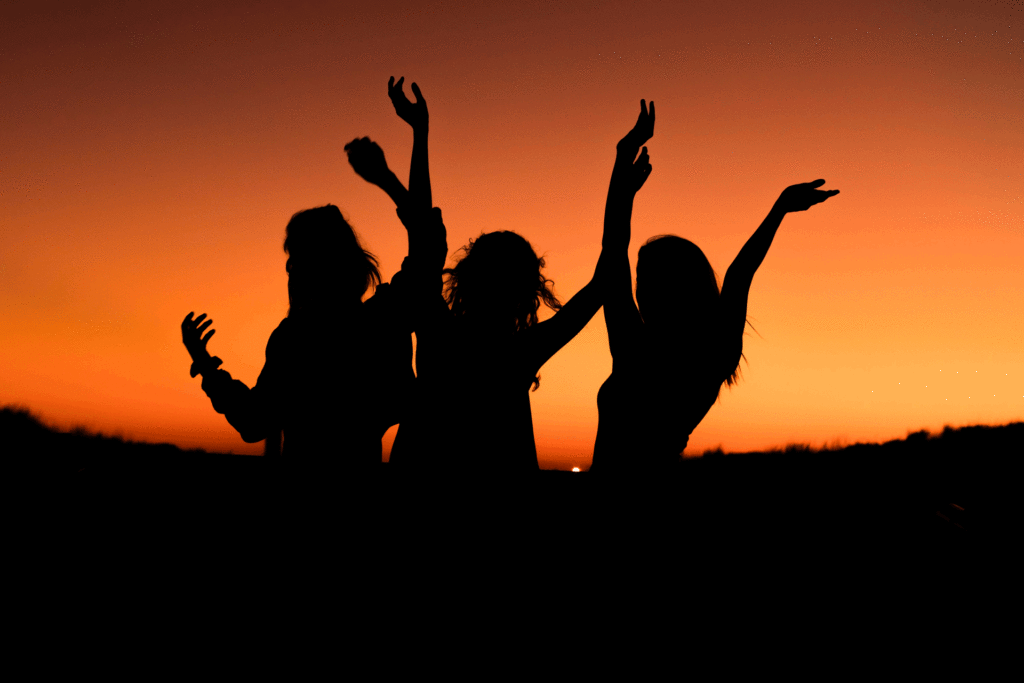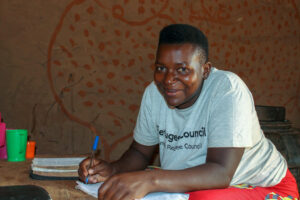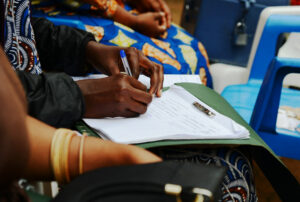According to the UN refugee agency UNHCR, one in five forcibly displaced women have faced sexual violence. Gender-based violence appears in all kinds of societies regardless of the economic situation, religion, or societal status. Violence has various forms: it is not only sexual or spousal abuse, but also persecution, online harassment, forced marriage, honor-related violence, and human trafficking.
Most of the violence that women face is never reported to the police. Especially migrant women are in a vulnerable position. For example, insufficient language skills can prevent women from seeking help. Trust in the police might be weak, and migrant women don’t necessarily have all the information about society’s legislation and their rights. Because of this, it is hard to find statistics of the violence that migrant women face.
The UN’s international campaign 16 Days of Activism Against Gender-Based Violence aims to combat gender-based violence and raise awareness of the violence and abuse women and girls around the world face. The campaign is organised annually.
Finnish Refugee Council participated in the campaign. We also work with the themes of the campaign in our everyday activities. Through social media, we encouraged the public to participate in the campaign and to share knowledge related to gender-based violence in Myanmar. We also organised online meetings and campaign activities in conflict areas – Kachin and Kayah- to raise awareness on conflict-related sexual violence and how to reach out to FRC to get support services. Preventing gender-based violence is a significant theme of our everyday work in Myanmar.
In Uganda, many campaign-related activities were planned at the settlement levels. Our field teams also participated in developing talking points for the community leaders to participate in a community radio talk show that was one of the activities undertaken in the Kyaka II refugee settlement. In the radio talk show, one of the themes was promoting male engagement and agency in protecting women and girls against all forms of gender-based violence. In addition, Finnish Refugee Council’s thematic training for adults addresses the theme of gender-based violence as well.
Our functional adult literacy training in Ethiopia targets vulnerable groups, especially women and disabled people. This was well highlighted during the campaign. On the third of December, we celebrated International Disability Day. This year, the theme was leadership and participation of people with disabilities toward an inclusive, accessible, and sustainable post-COVID-19 world. We also attended as an invitee to other organisations’ activities against gender-based violence.








